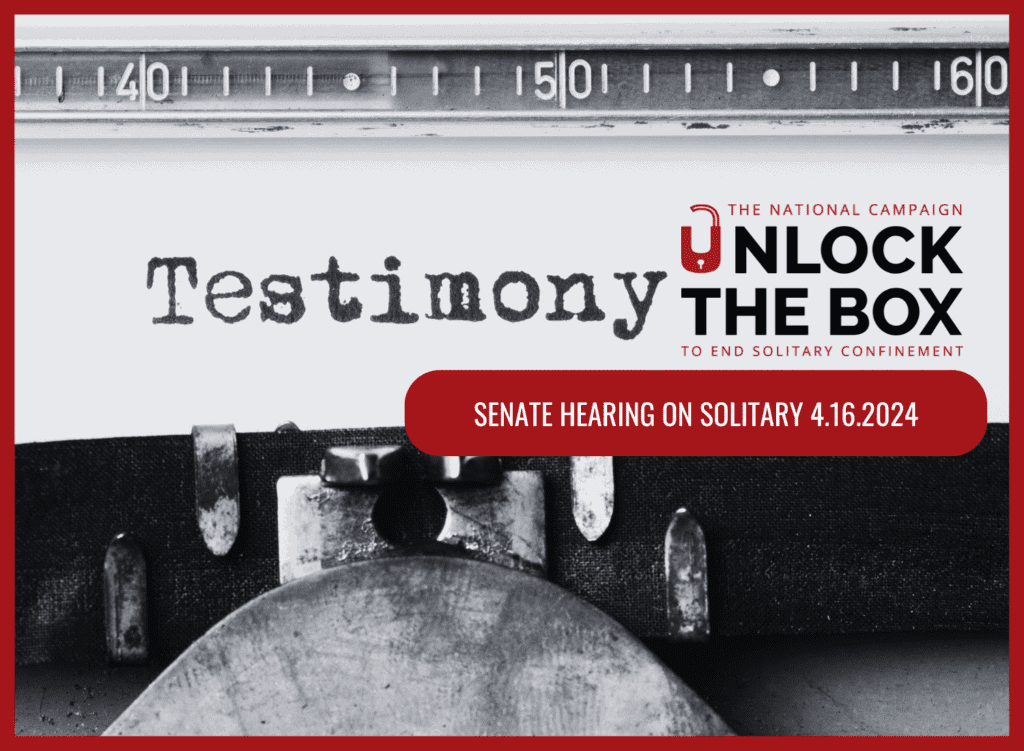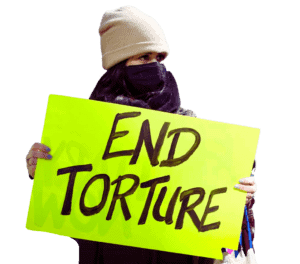Testimony of the Unlock the Box Campaign
“Legacy of Harm: Eliminating the Abuse of Solitary Confinement” United States Senate Committee on the Judiciary
April 16, 2024
Thank you to Chairperson Durbin and members of the Senate Judiciary Committee for holding this hearing. Solitary confinement is torture and it must end. There is a growing national movement to end solitary confinement across the United States. The U.S. Senate and House of Representatives, along with the President, have the opportunity to build on that momentum and help lead the country in replacing solitary confinement with proven alternative forms of separation that will improve safety, better protect people’s health, and save lives. We urge you all to act now to enact the End Solitary Confinement Act, S3409/HR4972.
The Unlock the Box Campaign is a national coalition of organizations and movement leaders who partner with state and local campaigns across the United States with the common goal of ending the use of solitary confinement for all people. We pursue this goal by working simultaneously on national, state, and local levels with people who survived solitary, family members, advocates, community and faith groups, legislators, and others dedicated to ending state torture.
Solitary confinement is a torturous practice that inflicts profound psychological pain and poses severe risks to physical and mental health. Yet, the federal government continues to lock individuals – including people most vulnerable to the harms of solitary like people with mental health needs and young people – in isolation for days, weeks, months, and years. This practice is not only inhumane but counterproductive to safety and rehabilitation.
The End Solitary Confinement Act aims to end this horrific practice in all federal facilities, and create meaningful incentives for states and localities to do the same. By supporting this act, we advocate for a system that emphasizes rehabilitation over punishment, mental health over deprivation, and justice over neglect.
The evidence speaks for itself— solitary confinement is torture. It causes immense suffering and devastating mental, physical, and emotional harm. Solitary causes people to engage in self-mutilation and suicide. It causes heart disease, anxiety, depression, and psychosis. It leads people to deteriorate mentally and physically. Research shows even one or two days of solitary leads to a significantly heightened risk of death by accident, suicide, violence, overdose, and other causes. A recent Journal of the American Medical Association research report on solitary confinement in North Carolina found that, compared with individuals who were incarcerated and not placed in solitary/restrictive housing, individuals who spent any time in restrictive housing were 78% more likely to die in the first year after release, especially from suicide, and 127% more likely to die of an opioid overdose in the first 2 weeks after release. Indeed, solitary has directly caused the deaths of far too many people and has increased violence and harm in prisons, jails, detention centers, and outside communities.
The evidence also shows that, in fact, the opposite of solitary confinement – providing people full days out-of-cell with pro-social engagement and programming – increases safety. The RSVP program in San Francisco jails, for example, involves full days of out-of-cell congregate programming and saw violence incidents among participants in the program literally drop to zero over a one-year period studied, in addition to financial savings. Similarly, the Merle Cooper and CAPS programs in New York used therapeutic, rehabilitative, and empowerment-based approaches without isolation and saw positive outcomes on safety and people’s well-being. Approaches in other countries that attempt to provide environments most similar to, and conducive to, people returning home to their outside communities show positive results.
Specifically in federal custody, a recent report by the Office of Inspector General reveals a dire situation in the Bureau of Prisons (BOP). The report highlights that nearly half of all suicides within BOP custody occur in restrictive housing, the agency’s primary method of solitary confinement, at a rate nearly six times higher than the rest of the prison population. This alarming data clearly identifies solitary confinement as a major risk factor for mental health decline and self-harm, underscoring the urgent need for legislative action.
Further compounding this issue, a February 2024 Government Accountability Office report showed the widespread and racially disproportionate infliction of solitary. The BOP sends people to solitary over 70,000 times a year. Black people constituted 38 percent of the total BOP population but 59 percent of the SMU placements.
In the context of immigration detention, the situation also remains dire. Physicians for Human Rights, the Harvard University Peeler Immigration Lab, and the Harvard Immigration and Refugee Clinic reported that ICE oversaw more than 14,000 placements in solitary confinement between 2018 and 2023, with an average duration of 27 days, hundreds of placements lasting over 90 days, and some placements lasting over a year. Alarmingly, this likely undercounts the
actual extent due to inconsistent reporting practices. Particularly vulnerable populations, including transgender individuals and those with mental or medical health issues, face disproportionately harmful impacts. Tragically, we are aware of at least six suicides in ICE detention solitary confinement settings since 2017—a chilling reflection of policy failure.
These reports paint a clear and disturbing picture: solitary confinement is widespread, under-monitored, and dangerously ineffective, leading to irreversible harm and loss of life. The End Solitary Confinement Act is not merely a legislative measure; it is a moral imperative to prevent further atrocities under our watch.
We call upon the Senate and House to pass the End Solitary Confinement Act, and the President to sign it into law. At the same time, until the legislation becomes law, the President must also immediately implement the Act’s provisions through executive action to fulfill his pledge to end solitary. The federal government must dismantle these inhumane practices that betray our values of dignity and justice. It’s time for our elected representatives to transform its justice systems and uphold our commitment to human rights. Ending solitary confinement at the federal level will not only protect people from solitary in federal custody, but will also help pave the way toward states and localities ending solitary across the country. With over 122,000 people locked in solitary in the U.S. on any given day, and people being sent to solitary hundreds of thousands of time a year, the Senate, the House, and the President must urgently act in order stop torture, improve safety, and save lives.
Unlock the Box is a coalition of organizations and movement leaders who partner with state and local campaigns across the United States with the common goal of ending the use of solitary confinement for all people. Unlock the Box pursues this goal by
working simultaneously on national, state, and local levels with solitary survivors, family
members, advocates, community and faith groups, legislators, healthcare and corrections experts, and others dedicated to ending state-sponsored torture.





